[…]
ReNu2Farm
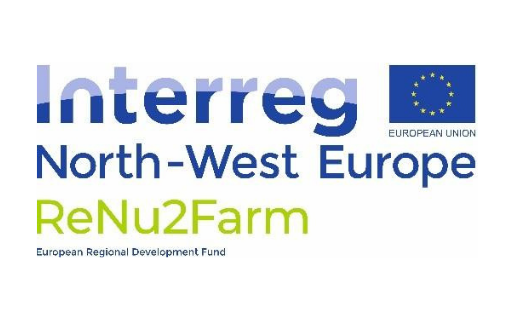

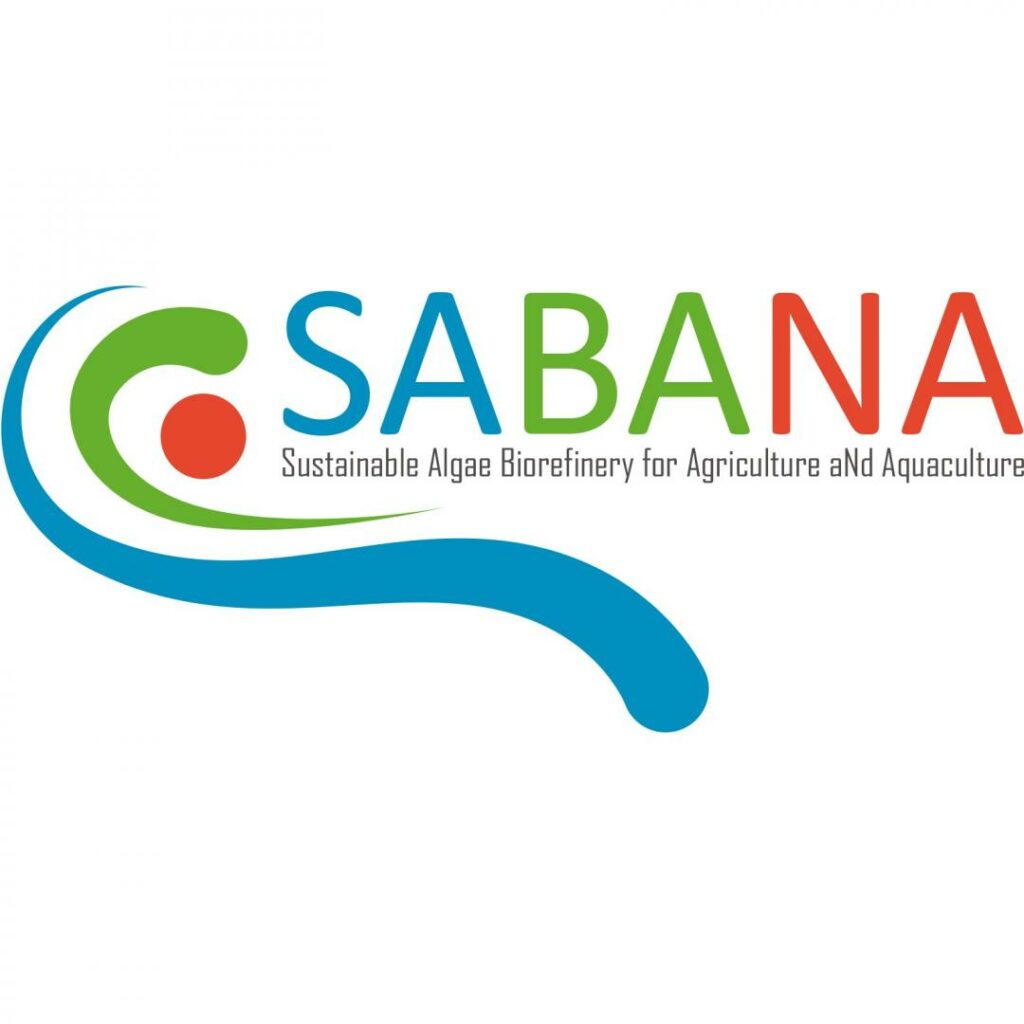

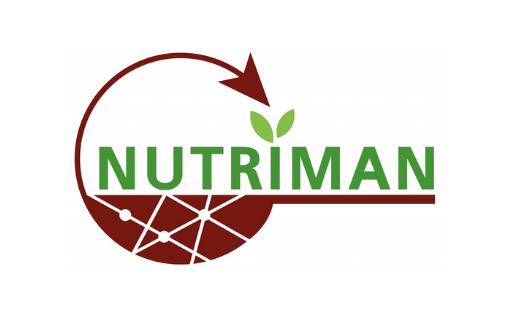
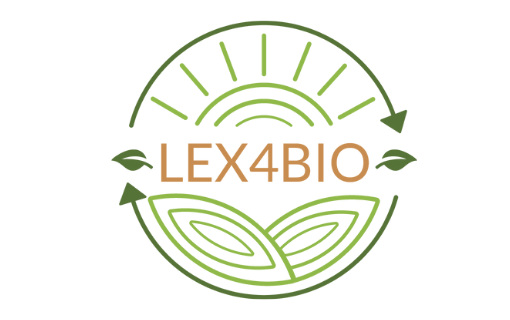
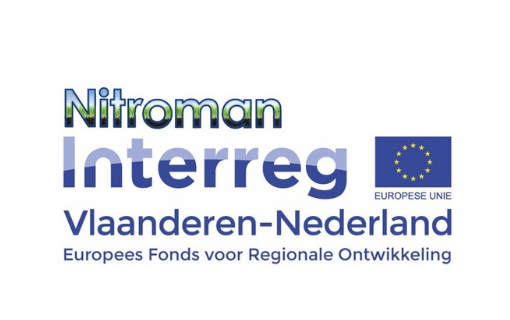
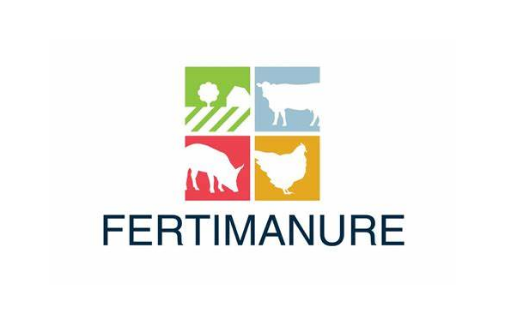
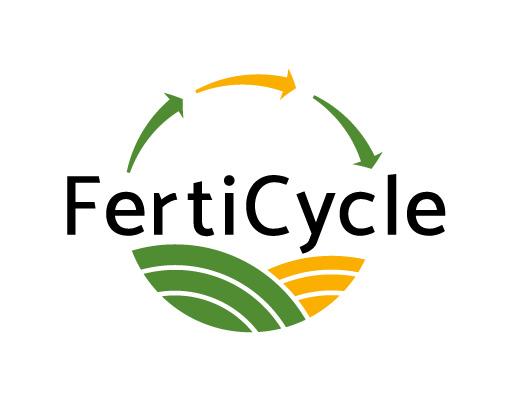
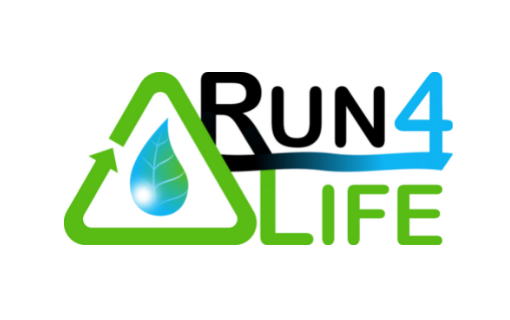

Run4Life and other H2020 projects participate on March 26th in “WATER PROJECTS EUROPE: Water in the Circular Economy Policy development”. The event, part of the Water Knowledge Europe Spring Edition (22-26 March), is organised by Water Europe in cooperation with EASME and the NextGen project. It brings together water experts and policy makers to discuss the governance challenges in the transition towards circular water solutions, and different regulations such as the Urban Waste Water Treatment Directive, Sewage Sludge Directive, Industrial Emissions Directive and the Fertiliser Regulation. […]
Read More… from WATER PROJECTS EUROPE: Water in the Circular Economy Policy development

The Grassification project aims to turn the roadside cuttings from waste into a resource. The current valorization route is composting in the best case, but also non-legal practices like rotting alongside the roads are common. Recently, the consortium held a webinar on the valorisation of roadside grass cuttings to explore new and feasible solutions. […]
Read More… from Outcomes of the Grassification webinar on valorisation of roadside cuttings

FertiCycle looks to develop the next generation of researcher to fill the gaps in processing, application and assessment of waste driven-nutrients to high-quality bio-based fertilisers. […]
Read More… from FertiCycle held a winter school in collaboration with Nutri2Cycle